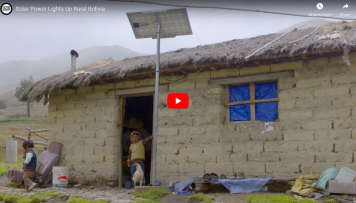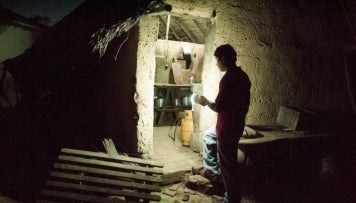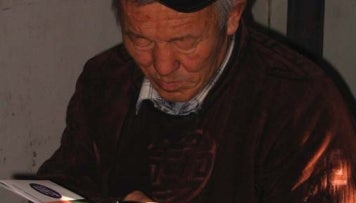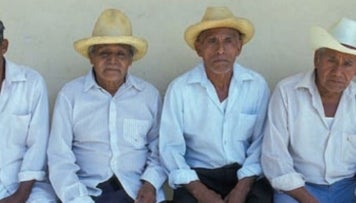
La Paz, Bolivia, July 24, 2007. The Minister of Development Planning of the Republic of Bolivia, Mr Gabriel Loza Tellería signed a US$5.2 million grant with the World Bank’s Global Partnership on Output-Based Aid (GPOBA) to help deliver access to renewable electricity to the rural poor in Bolivia. The grant is funded by the World Bank’s International Finance Corporation (IFC) and the United Kingdom’s Department for International Development (DFID), under the multi-donor trust fund, the Global Partnership for Output Based Aid (GPOBA), administered by the World Bank.
“The GPOBA project demonstrates the Government’s continued commitment to universal access to electricity and innovative solutions to help provide electricity access for the poor,” stated Carlos Felipe Jaramillo, World Bank Director for the Andean countries.
This project will provide affordable electricity to over 7,000 poor Bolivian households, micro-enterprises, schools and hospitals in remote and dispersed rural areas, through the installation of solar home systems, or SHS. The project will also pilot the provision of small pico-PV systems for about 2,000 very poor households.
“This project builds on the experience of the existing World Bank-financed Decentralized Infrastructure for Rural Transformation (IDTR) project, which is already working to deliver electricity to rural areas using SHS in 14 areas of the country,” said Susan Bogach, the project manager. The IDTR project, which was initiated in 2003, will result in efficiencies that will directly benefit the poor, since competitive bidding between private firms resulted in the provision of 30 percent more SHS for a fixed total subsidy than expected.
"GPOBA is a multi-donor World Bank administered trust fund whose aim is to test output-based aid (“OBA”) approaches, selectively scale-up these approaches, and disseminate the lessons learned. OBA involves targeted performance-based subsidies that are disbursed only after service providers have delivered the outputs which are agreed beforehand. The outputs in this GPOBA-funded SHS project include not only the installation of SHS and pico-PV systems, but also the development of a local market for parts and repairs. “This will help ensure the sustainability of the SHS scheme, which is important for GPOBA since although our subsidies are ‘one-off’, we want to ensure that the poor have access to a continued level of service into the future,” stated Patricia Veevers-Carter, Program Manager for GPOBA.










